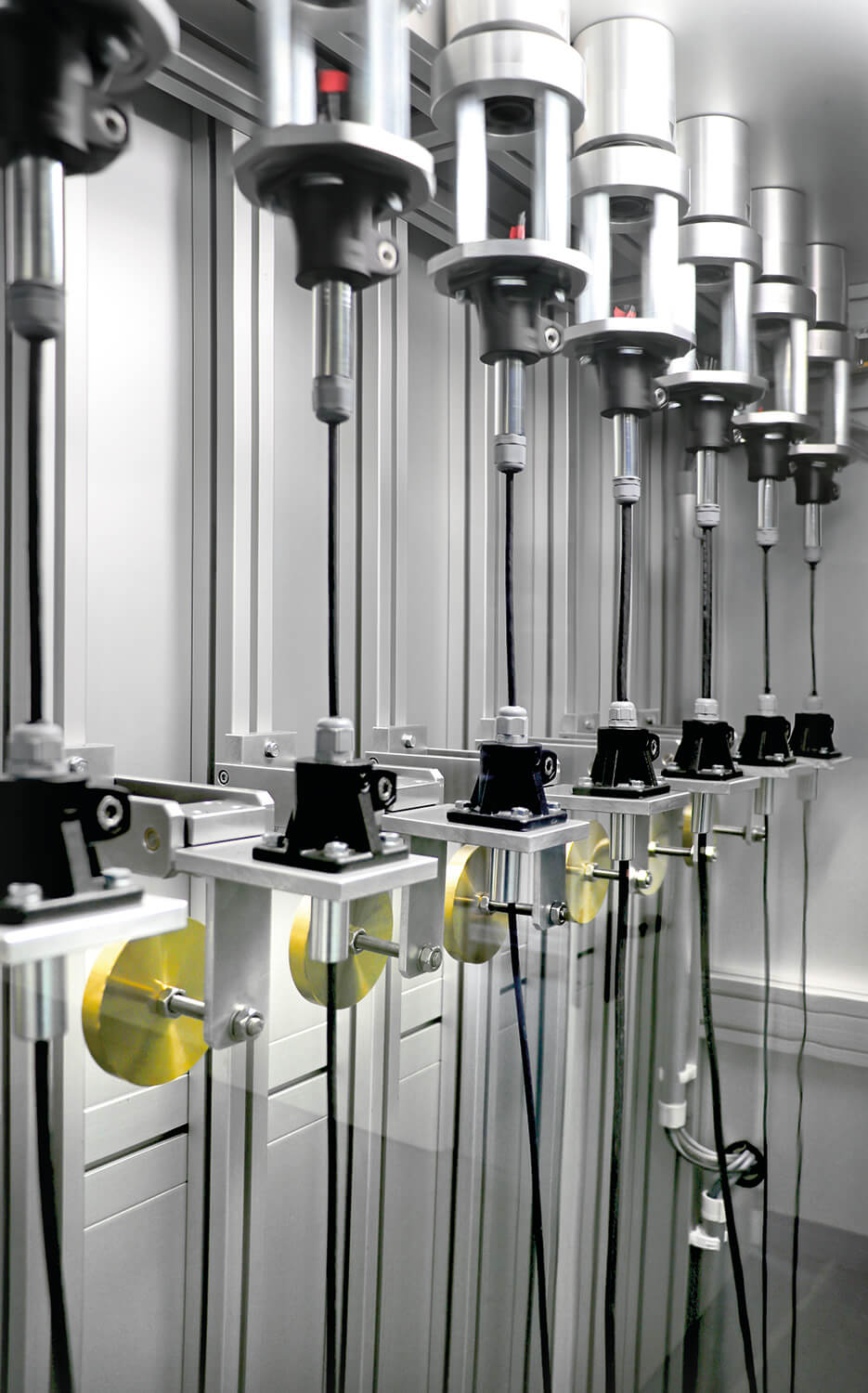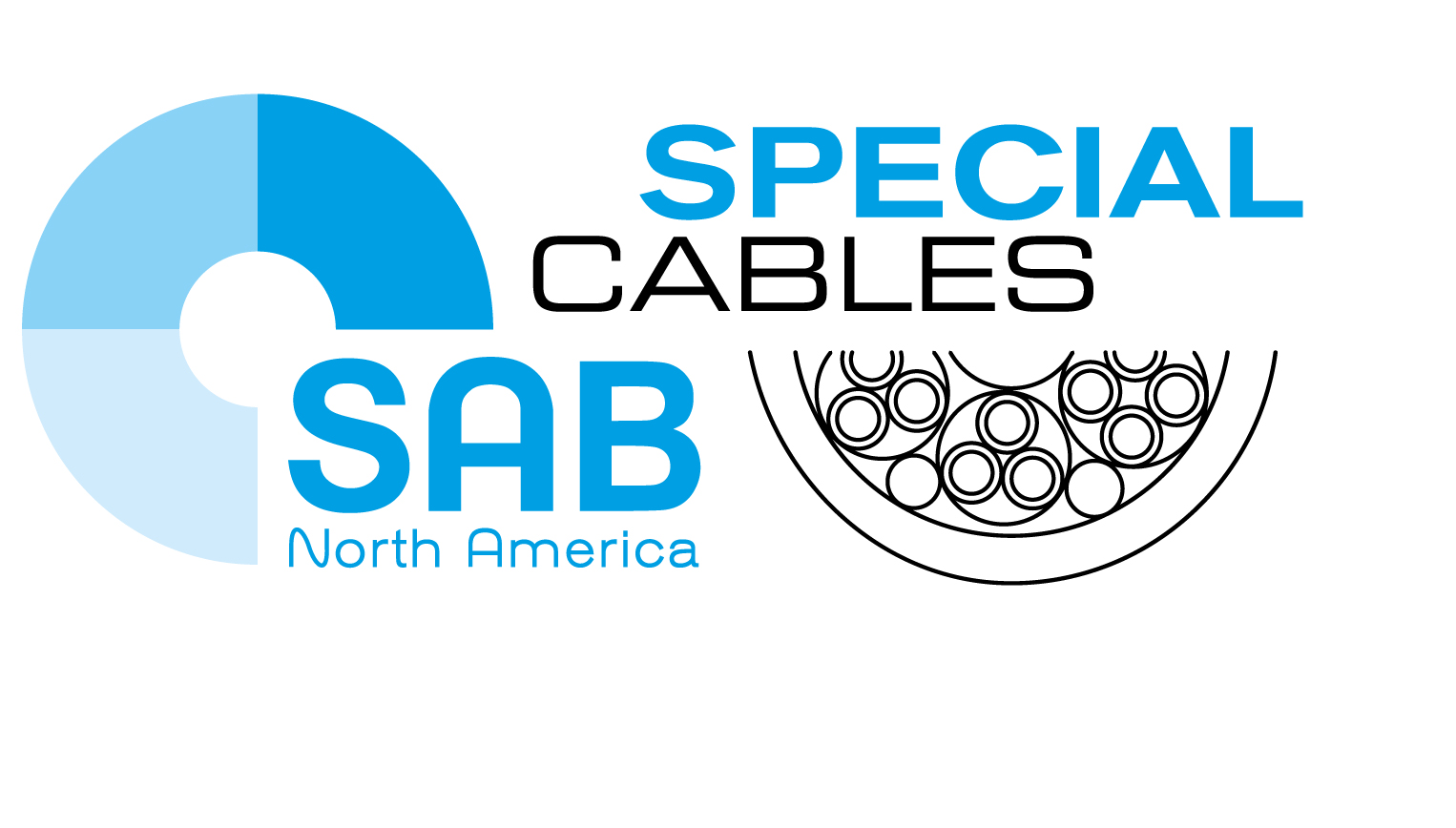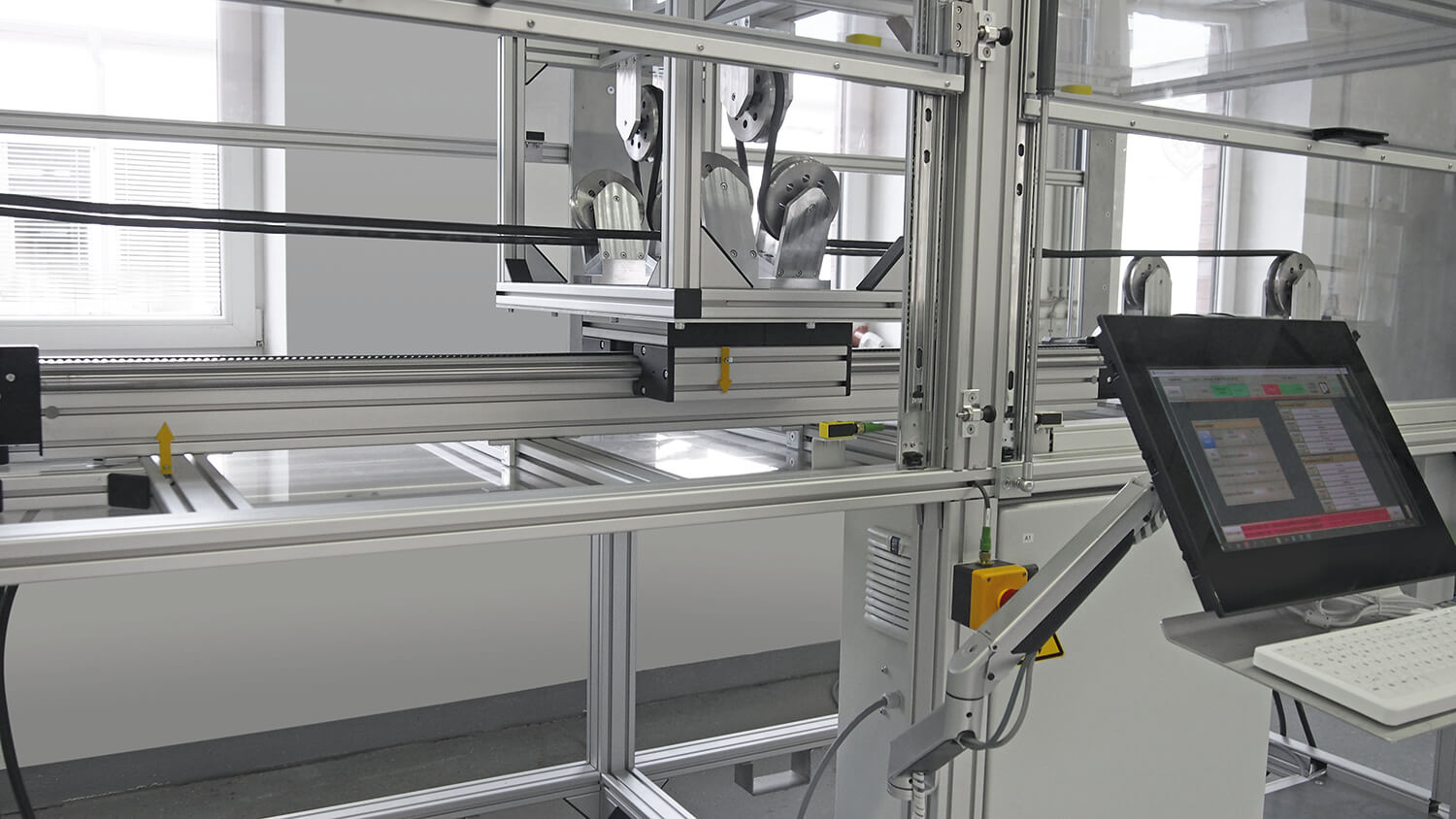When you need a cable, there’s a good chance it will have to stand up to harsh conditions. From frequent bending and flexing in moving automated machinery to exposure to liquids and temperature extremes, there are many potential causes of cable failure that can lead to equipment downtime and lost productivity. That’s why your cable selection considerations should include your supplier’s testing capabilities. When you partner with a cable manufacturer whose products are tested extensively, your cables will provide a longer service life to keep your equipment running.
SAB maintains a test laboratory and an expert engineering staff who work to ensure the cables you select will meet your application’s requirements. Here are some examples of the tests we perform so your cable will operate as intended and give you the lifetime you expect:

- Materials testing. SAB’s quality controls begin the moment the cable materials arrive at our facility. Materials go into ovens or freezers to test their performance in extreme temperatures, and they are exposed to oils, chemicals and coolants, speeding up the degradation process. Tensile elongation tests are performed to check their structural stability. If the material properties don’t change to an unacceptable degree after these simulations, they’re ready for production.
- Directional cycle life tests for continuous flex cables. Because automated equipment typically requires flexible cables to endure alternate bending and continuous motion, our lab conducts cycle life tests to monitor cable for broken conductors, jacket damage or kinks. Cables are installed in an X-Y cable track where they typically perform a certain number of bendings per minute at various bend radii under certain speeds and accelerations. Then, we reverse the motion, creating an additional hardship to ensure continuity. Most cables can withstand 8 to 10 million flex cycles while some SAB cables can achieve in excess of 20 million cycles.
- Torsional twisting test. Similar to directional cycle life tests, we torsion-test cables to make sure they provide the correct electrical output when twisted without kinks or damage to the jacket. Cables perform a certain number of twists per minute. Unlike many cable manufacturers who test their cables to 180 degrees, SAB twists cables at 540-degree torsion angles in both directions. Most torsion cables can perform 5 million torsions on average, and some SAB torsion cables can exceed that figure.
- Pulley tests. We can also attach test loads to a pulley apparatus to ensure your cable meets your bending and flexing criteria under tension based on your application’s specific weight requirements.
- Special tests. Many applications present unusual conditions that can require special cables designed to handle the challenge. In addition to our standard testing regimens, engineers can perform special tests to meet those needs. They include Ethernet tests to make sure the twisted pairs produce a frequency that conforms to the Ethernet standard, halogen-free cable testing and flame tests. In some unusual circumstances, we may even replicate a customer’s assembly to simulate a challenging project.
Extensive Cable Testing Capabilities Make Sure Your Equipment Keeps Running
Whether your cables must move constantly or stand up to harsh environments, it’s important to make sure the manufacturer tests them thoroughly so they perform in their intended application. SAB has a dedicated test lab, extensive test capabilities and expertise to both test standard cables and perform special testing when necessary, giving you the peace of mind of knowing cable failure won’t stand in the way of machine productivity.
For more information about SAB cables and testing capabilities, contact us.


